Indigenous Ecologies
Arch 5600 · Coordinator: Peter Raab
Instructors: Sara Bradshaw · Sina Mostafavi, PhD
Architects play a critical role in addressing both the causes and effects of climate change through the design of the built environment. Preparing architects to envision and create a climate adaptive, resilient, and carbon-neutral future must be an essential component and driving force in contemporary design discourse.
The initial graduate design studio will investigate contemporary architectural issues while working with indigenous tribes historically located in the surrounding staked plains and canyons of West Texas. This studio will take an integrative approach in the design of a comprehensive design project – a cultural center located within the current locations along the margins of the state of Texas.
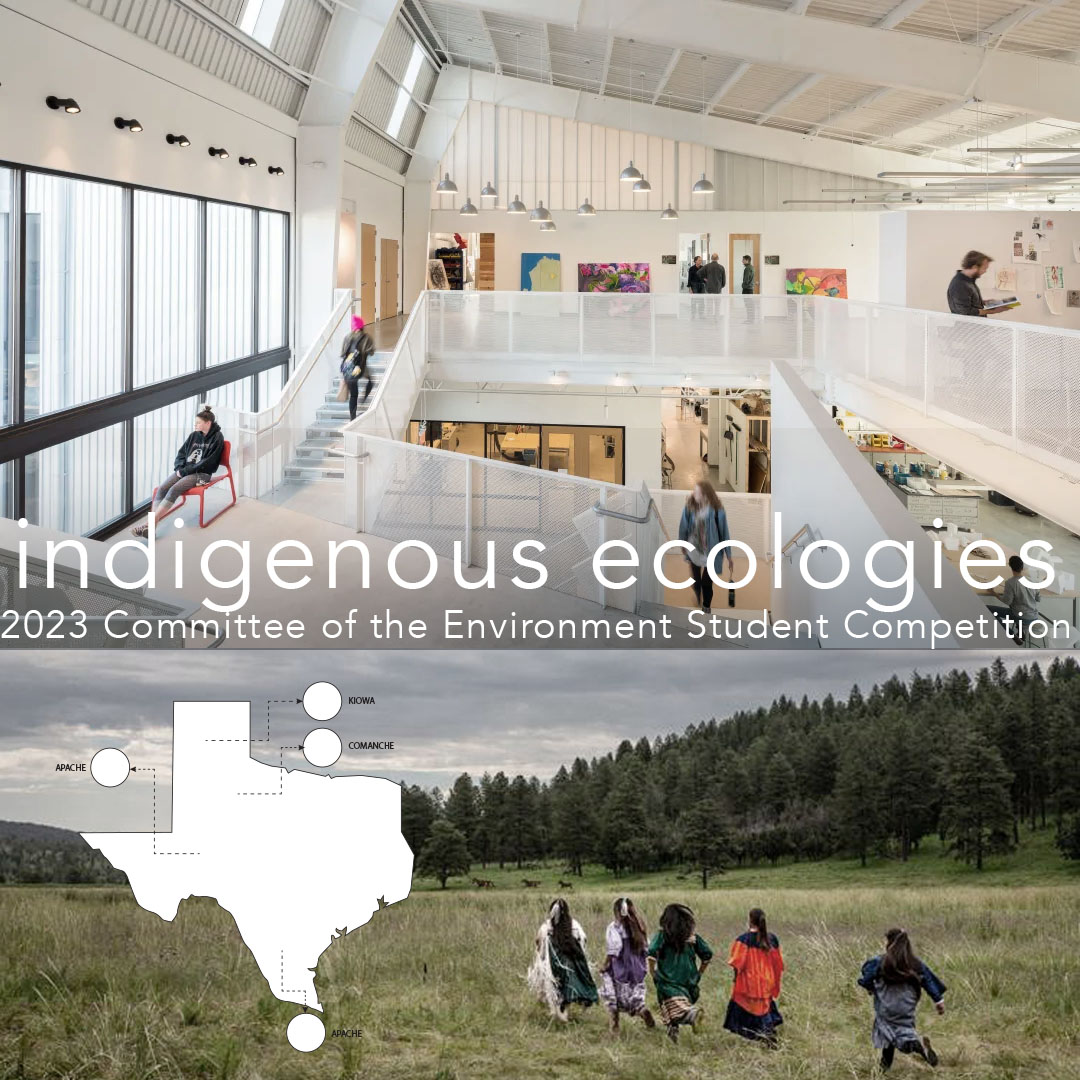
For an Architecture Studio of Reality
Arch 5603 · Instructors: Lenora Ask, AIA + Darwin Harrison, AIA
The title of the studio is inspired by the Michael Benedikt book, For an Architecture of Reality. This studio will engage in design exercises that center on ‘realness' as described by Benedikt. In addition to the connection to the book, the studio title is intended to represent a broad, multi-faceted focus on reality-based issues.
Benedikt's qualities of realness (presence, significance, materiality and emptiness) will be studied and students will explore how to implement the ideas into their design process. Beyond this more philosophical study of reality, students will engage in projects / assignments that focus on real aspects of design such as:
Real…
- Sites
- Codes
- Programs
- Constraints
- Materials
- Housing Issues
- Solutions
The desire is for students to understand that ALL design projects if completed in material form result in real objects that impact our lives. They result from real-life parameters that impact the entire process. Knowing this will allow student to create more thoughtful and meaningful projects that positively impact our built environment.
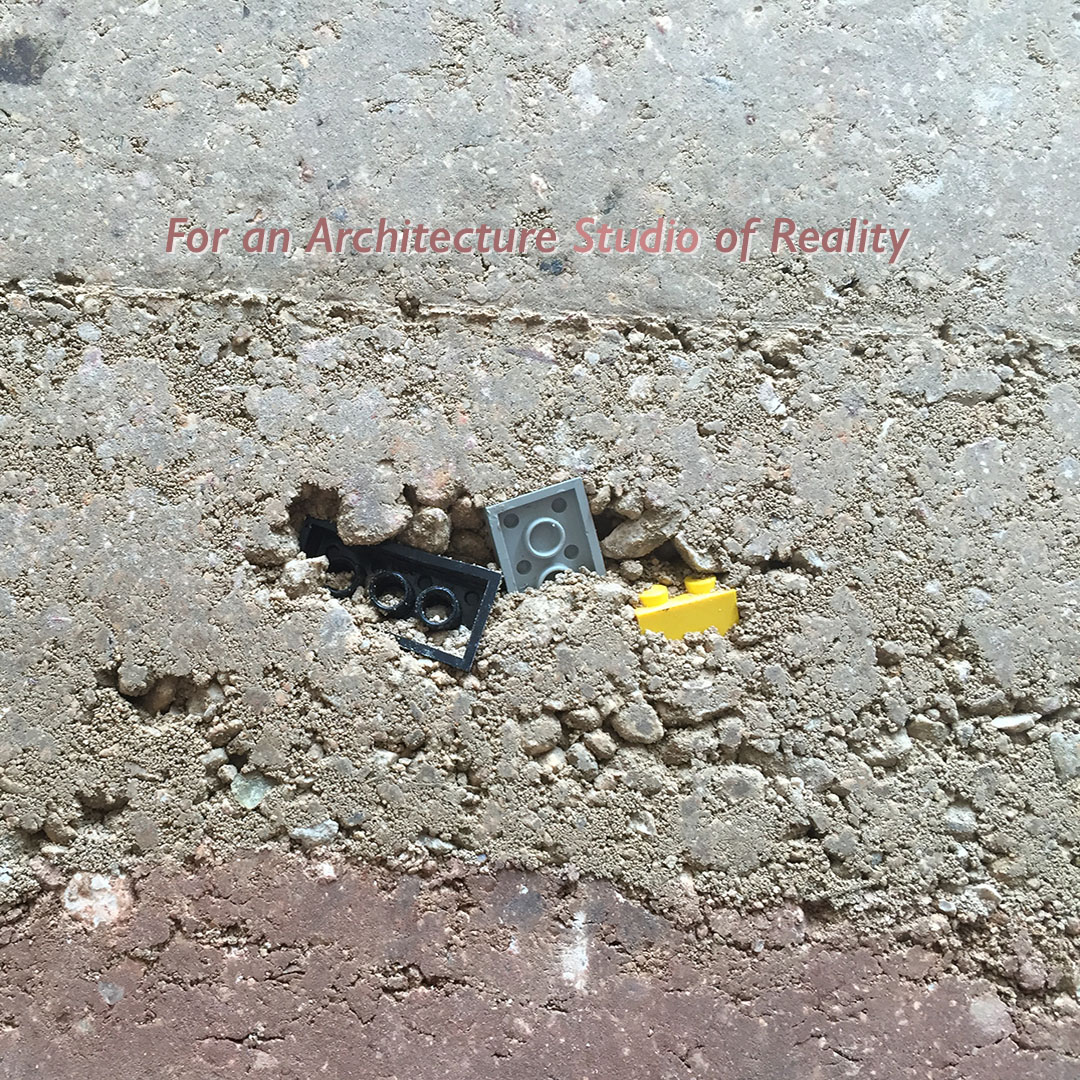
CANCER CENTER
EVIDENCE BASED ARCHITECTURE expressing ASSURANCE AND COMPETENCE
Arch 5603 · Instructor: Saif Haq, PhD
While cancer is no longer a ‘death sentence', it is still a very frightening experience -- causing high anxieties throughout the treatment processes that may include infusion, radiation, or surgery. Cancer centers are first and foremost, hope for the patients and families. They are also places of high-tech medical equipment, complicated procedures, testing, research, and workplace for the medical professionals.
How can architects integrate the needs of anxious patients and families with the strict dictates of equipment and procedures, and the workflows of staff? How can architecture give assurances of recovery and hope, and provide opportunities for staff competency? This is the challenge of the studio.
Students will be required to use both sides of their brain to engage in the process of Evidence Based Design. We will also visit and study existing cancer center(s), meet physicians and nurses, talk to cancer survivors, and work with healthcare architects to propose creative and intelligent visions of a premier oncology center.
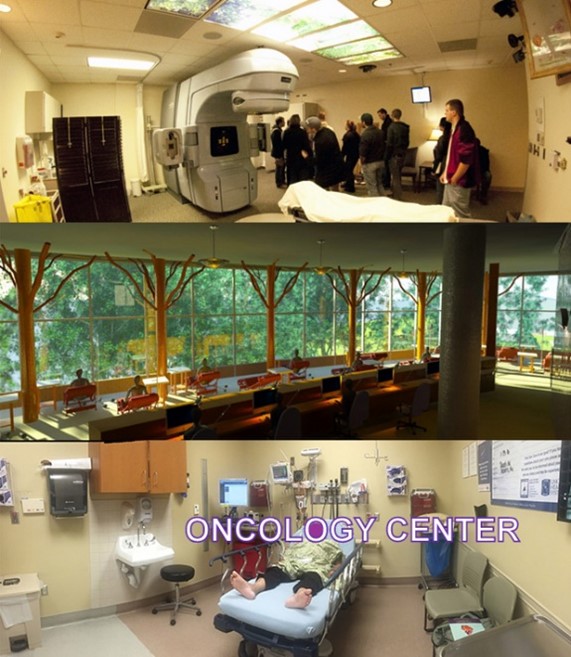
WILDERNESS URBANISMS 4
Arch 5603 · Instructor: David Turturo, PhD
Cities are imagined every day as proving grounds for self-defeating prophesies. Dreams and delusions unravel upon stages of harmony and dissonance - where memories crumble and identities emerge. This studio invites you on an adventure into the urban wild.
WILDERNESS URBANISMS elicit the design of places for infrastructure and collapse; fusion and meltdown; solidarity and isolation. Using a spectrum of digital media and montage techniques—glitch, splice, rasterize, multiply— we will shatter convention to tease out the scintillating ephemerality of architecture and the city.
WILDERNESS URBANISMS is organizationally quartered: first, we design a city; second, a house; third, an architectural detail; and finally, coordination occurs between those three scales. Each will consider the social and political complexities of habitation, abandonment, order, and disorder. Each will expose the wild frontier for what it is: an illusion of world-making.
Together, we'll obscure generic details and experiment with sensual concepts of enclosure. Then we'll deploy these discoveries as systems and devices of dazzling wonderment. WILDERNESS URBANISMS will consider the scale of the hand, the shape of the body, and the city as a social contract where voices resonate. WILDERNESS URBANISMS is a rigorous yet affirming communal endeavor.
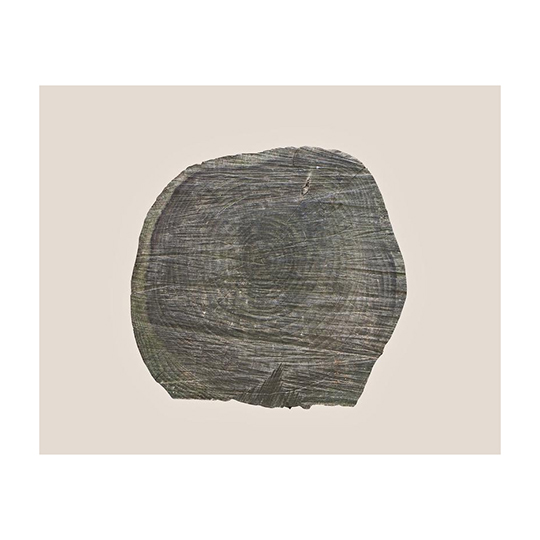
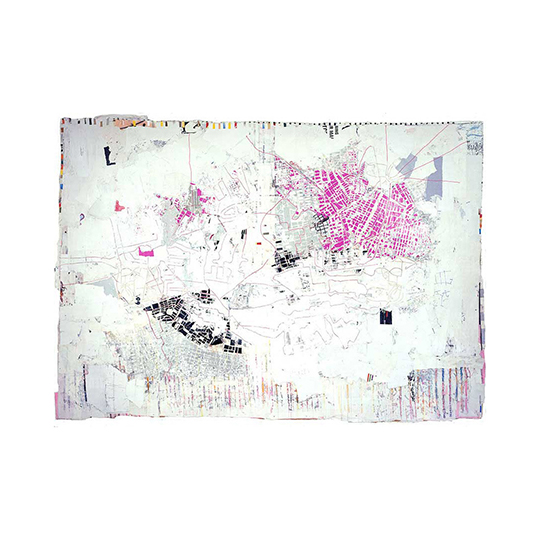
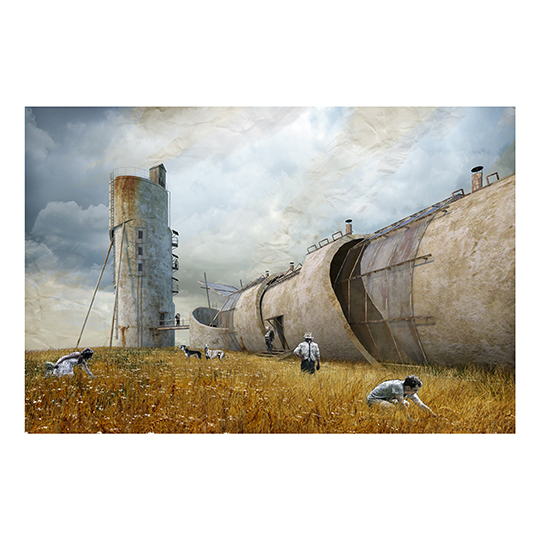
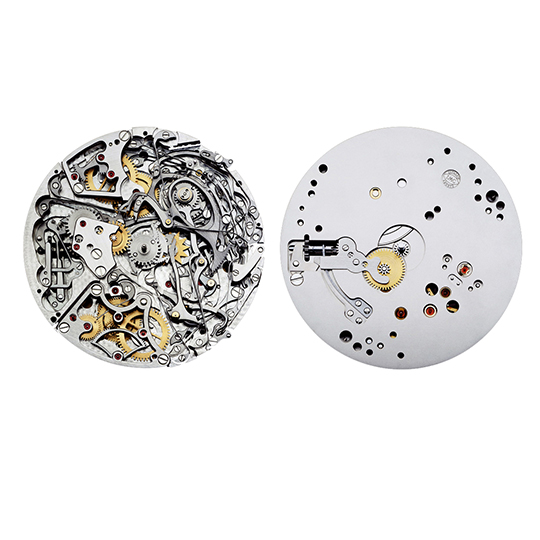
LAND~SCAPE
operating at the intersection of human construction and the evolving nature of the planet
Arch 5603 · Instructor: Chris Taylor
Land Arts of the American West is a transdisciplinary field program expanding awareness of the intersection of human construction and the evolving nature of our planet. Land art begins with land and extends through complex social and ecological processes that create landscape—including everything from petroglyphs to roads, dwellings, monuments, and traces of actions. We camp for over fifty days and travel nearly 6,000 miles overland throughout the West immersed in the primacy of first-person experience and the realization that human-land relationships are rarely singular. Field taught in conjunction with ARCH 5301 Land Arts Seminar. Sustained bodies of work are produced from research inquires that are presented on campus for critique and exhibition.
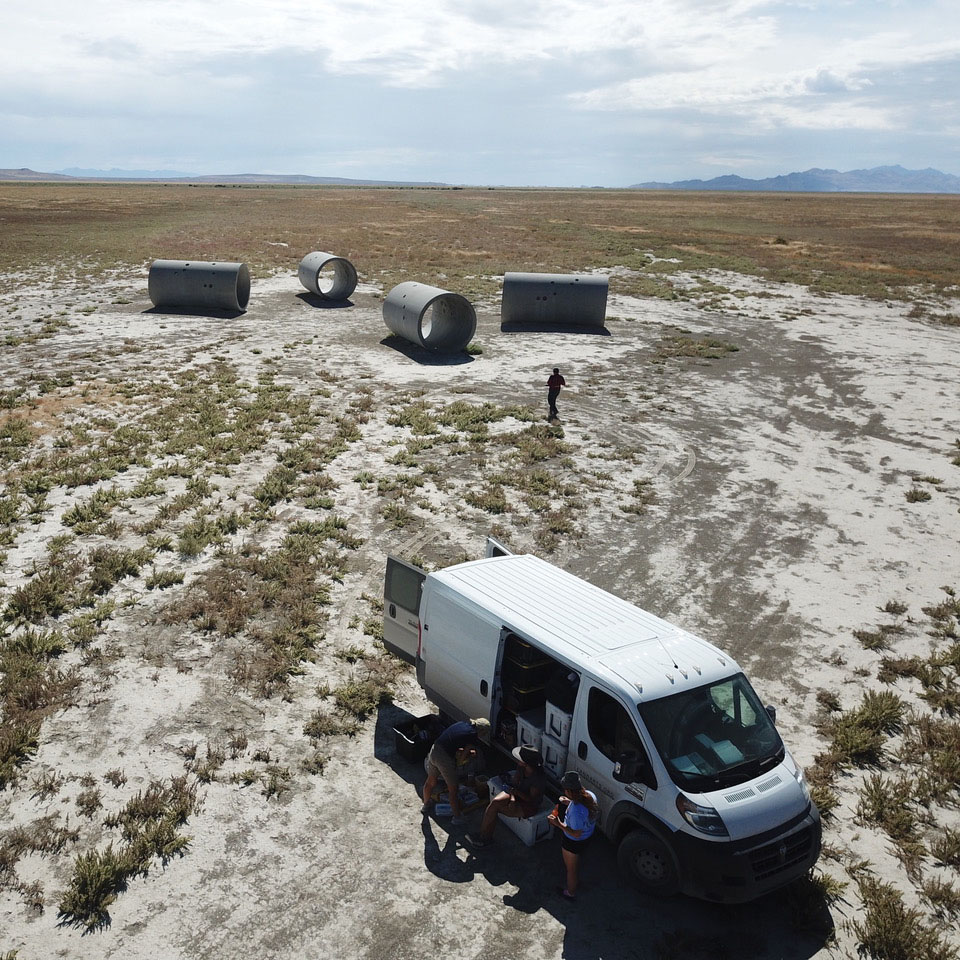
Huckabee College of Architecture
-
Address
Texas Tech University, 1800 Flint Avenue, Lubbock, TX 79409 -
Phone
806.742.3136 -
Email
architecture@ttu.edu
